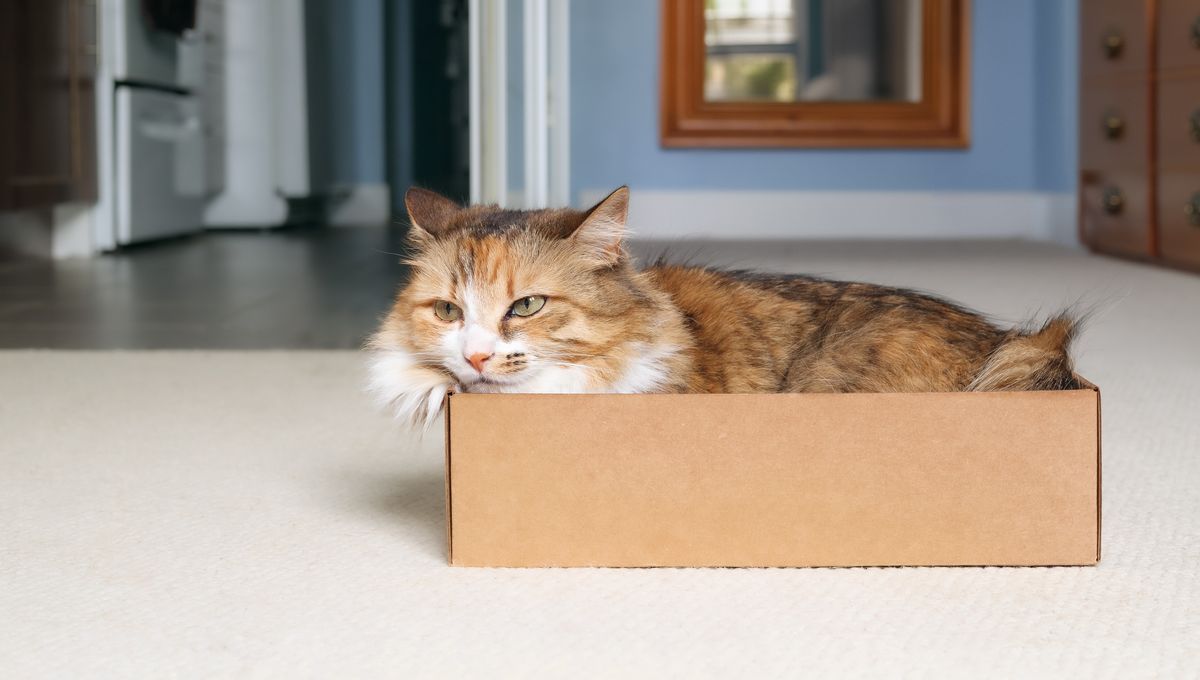
Pet cats could be an important carrier of infection in a human pandemic of avian flu, a review of 20 years of research data has found. The study, which has been released as a preprint whilst awaiting peer review, suggests that cat owners should remain vigilant for signs of illness in their pets, which could also put themselves, their veterinarians, and any other close contacts at risk.
The highly pathogenic H5N1 bird flu virus currently affecting cattle on US dairy farms has already proven itself quite capable of infecting lots of mammal species – approximately 27 at the last count, according to ex-CDC director Robert Redfield. But while infections in dolphins and polar bears are certainly scientifically important, it’s the animals that live alongside humans that are raising the biggest red flags for epidemiologists.
Three farm workers are known to have contracted the virus in the US this year after contact with infected cattle. As well as making the jump from birds into cows, the disease has found its way into other farm animals – some unfortunate alpacas in Idaho, and farm cats thought to have succumbed after feasting on raw milk.
While you might not necessarily think to put “bird flu” and “alpacas” together in the same sentence, scientists have long been aware that cats are vulnerable to avian flu – but what is the risk for our beloved pets, and for us as owners? Researchers at the University of Maryland combed through 20 years of published data on the spread of bird flu in feline species to try and find out.
Mapping the period between 2004 and 2024, the scientists noticed a sharp increase in reports of infections in domestic kitties – rather than wild or zoo-kept cats – starting in 2023. This tracks with the spread of highly pathogenic H5N1 in a number of species that have never previously been impacted by bird flu. Infections have also been reported in house mice, favored prey of house panthers everywhere, and we all know how much free-roaming cats like to chase birds.
The Centers for Disease Control and Prevention (CDC) says that it is unlikely for humans to catch bird flu from cats, but it is possible, “especially if there is prolonged and unprotected exposure to the animal.” Veterinarians, veterinary nurses, and other professionals who work in close contact with potentially infected animals may therefore also be at risk, and the CDC issues guidance about the best use of personal protective equipment (PPE) in these cases.
For pet owners, the study’s first author Assistant Professor Kristen Coleman, who researches airborne infectious diseases, had some suggestions for how to help keep your kitty safe. “Don’t feed your cat raw meat or raw dairy milk, and limit their unsupervised time outdoors,” the author said in a statement. “Cats prey on wild birds that could be infected, and they could get into raw dairy milk on a farm if it is not securely stored.”
There have also been a handful of reports of feline-to-feline transmission of avian flu. This is the big fear for scientists concerned about a human pandemic – the more the virus adapts to mammalian immune systems, the greater the chance it could get a strong foothold in the human population.
When cats become ill with bird flu, they often show difficulty breathing or behavioral changes, so be on the lookout for signs like these and seek veterinary advice promptly. H5N1 has also been reported to cause blindness in some cats.
Sadly, the mortality rate for the current H5N1 strain in cats has been shown to be high – around 67 percent. All the more reason to keep Felix and Fluffy indoors as much as possible, according to Coleman.
“The virus is going to sneak up in more places, just like it did in dairy farms,” she said. “We know cats are being infected, so let’s get ahead of it.”
The study, which is yet to be validated by peer review, has been posted to the preprint server medRxiv.
Source Link: Pet Cats Can Catch Bird Flu And Could Spread It To Us, Concludes 20 Years Of Data